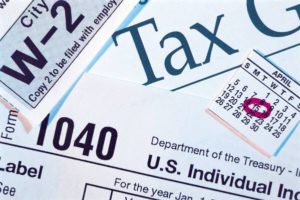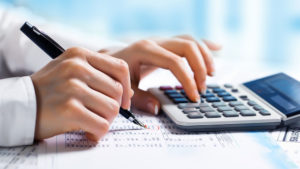The U.S. suicide rate has risen dramatically in recent years, and certified money coach Tammy Lally of Washington, D.C., is convinced money shame is a contributing factor.
Lally’s brother died by suicide in 2007 after receiving a foreclosure notice. Shortly afterward, Lally’s mortgage business collapsed in the Great Recession. She says she went from driving a Mercedes and living in an oceanfront house to filing for bankruptcy.
“It blew me away, the level of pain and sadness that I was experiencing,” Lally says. “I didn’t tell anybody. I was pretending like nothing was going on.”
In my latest for the Associated Press, the origins of money shame and what can be done about it.
 Today’s top story: How to handle debt in an unequal recovery. Also in the news: 6 ways to save at the pump, worrying about the right thing with estate taxes, and 4 in 10 Americans are struggling financially one year after the pandemic began.
Today’s top story: How to handle debt in an unequal recovery. Also in the news: 6 ways to save at the pump, worrying about the right thing with estate taxes, and 4 in 10 Americans are struggling financially one year after the pandemic began.  Today’s top story: Unwelcome income tax surprises may await those with debt. Also in the news: Knowing what’s in your EFT, 10 factors affecting COVID era travel in 2021, and why home buyers shouldn’t skip the inspection.
Today’s top story: Unwelcome income tax surprises may await those with debt. Also in the news: Knowing what’s in your EFT, 10 factors affecting COVID era travel in 2021, and why home buyers shouldn’t skip the inspection.  Today’s top story: How to prioritize debt payments in the pandemic. Also in the news: The fairness of airline fees, the influence of 2020 on investing, and how to avoid paying certain car dealership fees.
Today’s top story: How to prioritize debt payments in the pandemic. Also in the news: The fairness of airline fees, the influence of 2020 on investing, and how to avoid paying certain car dealership fees. Today’s top story: 3 things to know if you’re new to gig work. Also in the news: How to craft smarter money goals in 2021, the do’s and don’ts of getting and using a paycheck protection program loan, and 5 steps you can take to pay off consumer debt.
Today’s top story: 3 things to know if you’re new to gig work. Also in the news: How to craft smarter money goals in 2021, the do’s and don’ts of getting and using a paycheck protection program loan, and 5 steps you can take to pay off consumer debt.